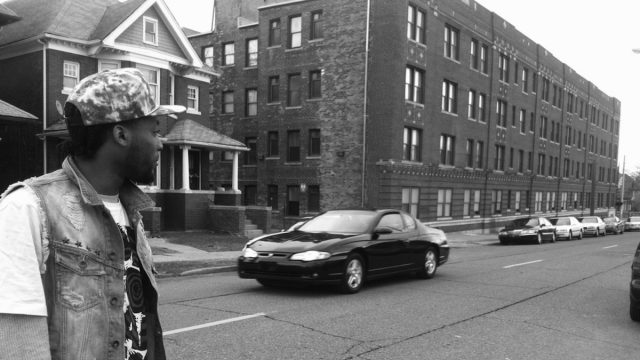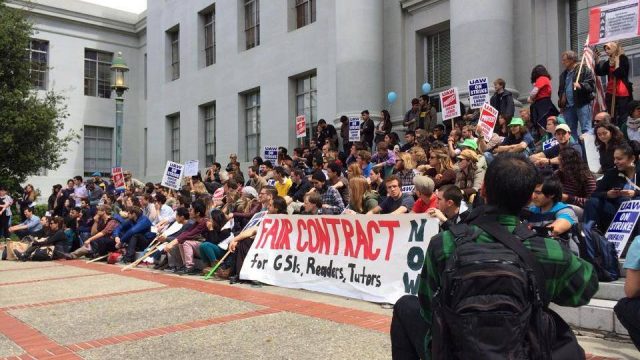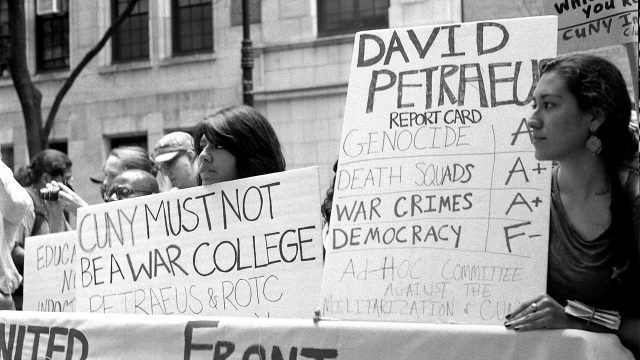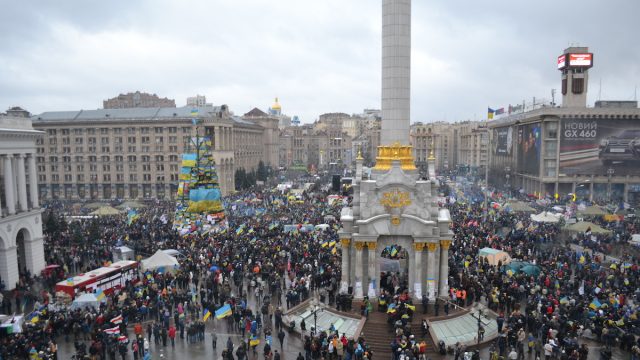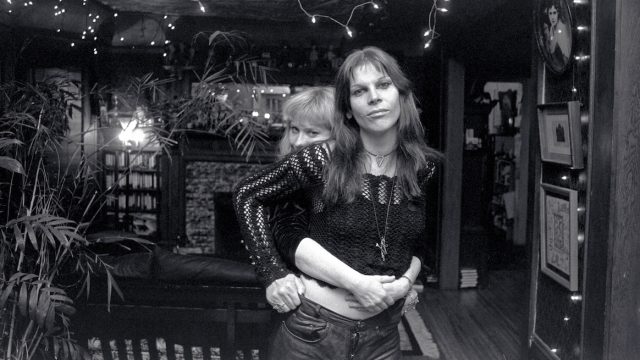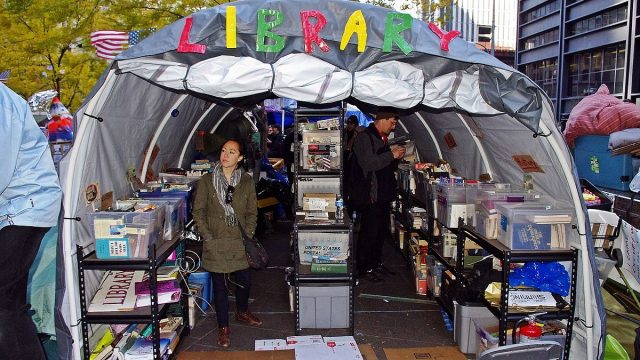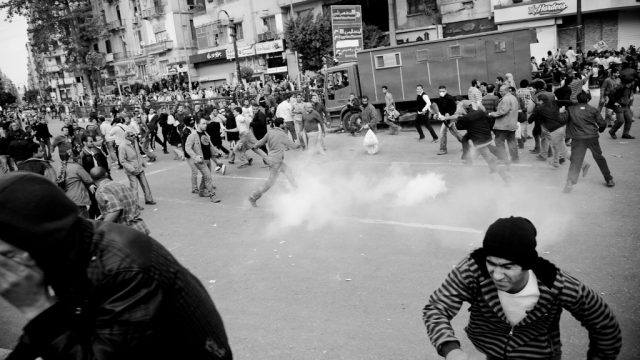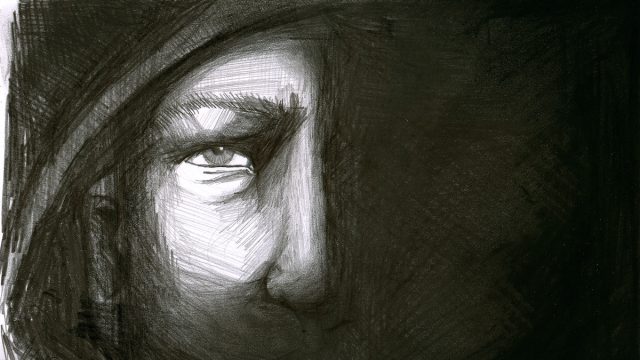
How do incarcerated young people experience the ultimate exclusion from society? Drawing on ethnographic fieldwork in the juvenile prison system, Danish sociologist Tea Torbenfeldt Bengtsson and graphic artist Sara Busch tell a fictional story about life behind bars.

